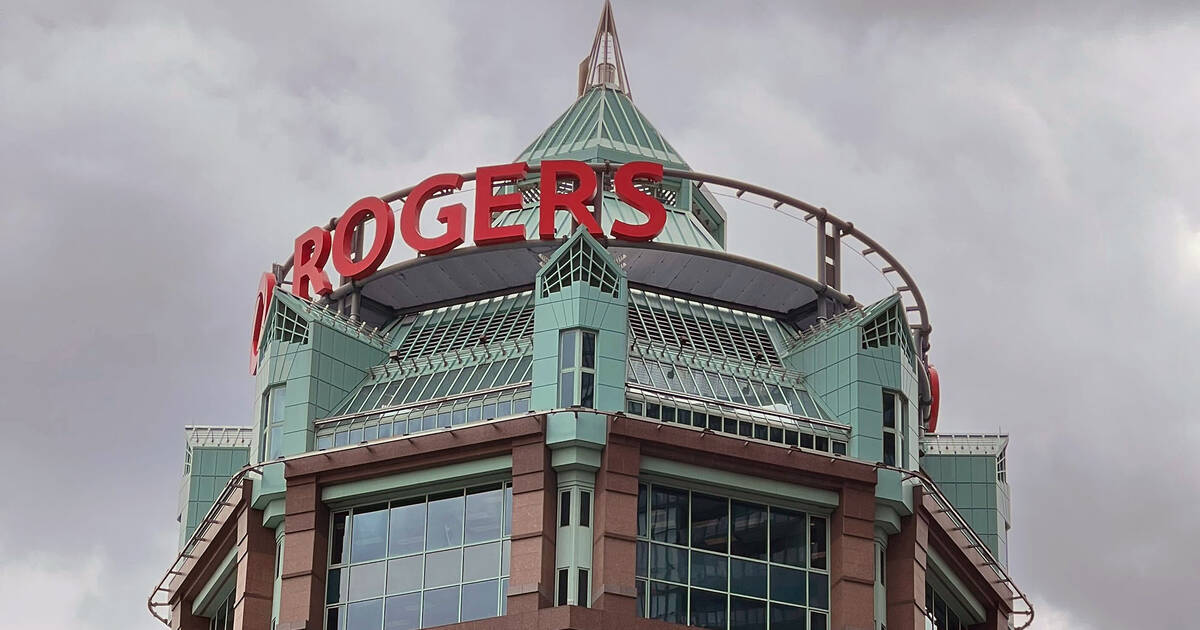afransen
Senior Member
Interac shouldn't be solely dependent on one network operator.
Nationalizing telecom won't work, unless we won't to go back to Soviet-esque service we had prior to deregulation. We do need to ensure telecoms don't get to be too big.
Nationalizing telecom won't work, unless we won't to go back to Soviet-esque service we had prior to deregulation. We do need to ensure telecoms don't get to be too big.






